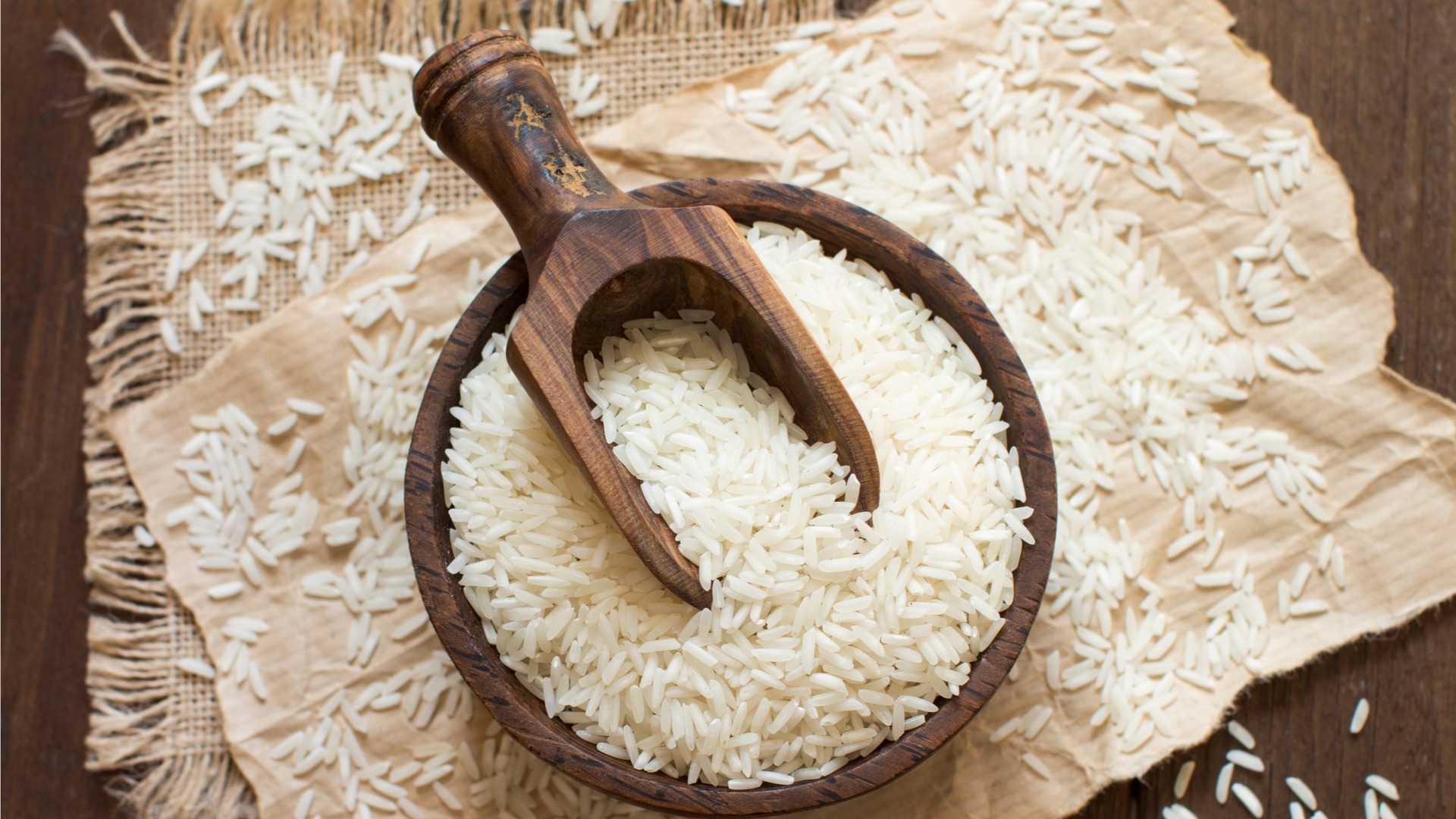Amritsar, NFAPost: Notwithstanding the impact of both Covid-19 pandemic and global economic slowdown operating margins of basmati rice companies are seen rising this financial year, CRISIL Ratings said.
Lower paddy prices, stable volume demand overseas coupled with higher advances against orders are seen boosting operating margins of basmati rice companies by 100-150 basis points in 2020-21 (Apr-Mar), the ratings agency said.
Paddy prices are expected to fall nearly 17% during this fiscal year from an average of 36 rupees per kg seen last year, due to good monsoon and stable acreage, CRISIL Ratings said.
While paddy prices are seen falling, export realisation is unlikely to decline in the same proportion as paddy prices because orders from key markets continue to be strong, it said.
“Demand from the US, the UK and the Middle East (excluding Iran), which account for more than half of India’s annual basmati export of around 4.4 million tonne, has increased because these countries are building food security buffers amid the Covid-19 pandemic,” CRISIL Ratings noted.
Iran, which imports around 1.3 million tonne annually, is expected to register 20% lower volume from India as payment-related issues continue from last fiscal because of US sanctions, it said
“However, higher demand from other markets abroad should offset this. On average, export realisation is seen at Rs 63 per kg this fiscal compared with Rs 69 per kg in the last fiscal,” CRISIL Ratings added.
Realisation from the domestic market, accounting for 2.0 million tonne sales annually, is seen stable at 52 rupees per kg on account of strong retail demand, it said.
“Rigid food habits and strong preference for basmati rice will prevent downtrade to non-basmati varieties in the retail market. But domestic volume may de-grow 20% because of extended lockdowns impacting demand from the hotels, restaurant and café (Horeca) segment,” the analysis noted.
“Spreads between blended realisation and paddy prices are expected to improve to Rs 31 per kg against Rs 29 per kg last fiscal. That would crank up operating profitability to 5.5-7.5% this fiscal, compared with 4.5-6.0% last fiscal,” Senior Director and Head of Analytics at CRISIL Ratings, Subodh Rai said.
Demand has remained strong during the lockdown, and rice companies have started to accept orders by seeking higher advances or letters of credit. They plan to use the advance monies to cut working capital debt, CRISIL Ratings said.
“As much as 94% of the total debt is of short-term nature for working capital requirements. Higher advances leading to reduction in debt will improve the liquidity profile significantly, which is an important credit driver for the rice industry. The interest coverage of basmati rice companies could improve to 2.4 times this fiscal from 2.1 times last fiscal, and leverage ratio to 1.9 times from 2.2 times. That will be a credit positive,” CRISIL Ratings Director Nitin Kansal said.
The key monitorables going ahead will be the extent of lockdown and timely sowing of paddy, which can impact the prices of both rice and paddy. That, in turn, will have a bearing on the credit profiles, the agency said.





